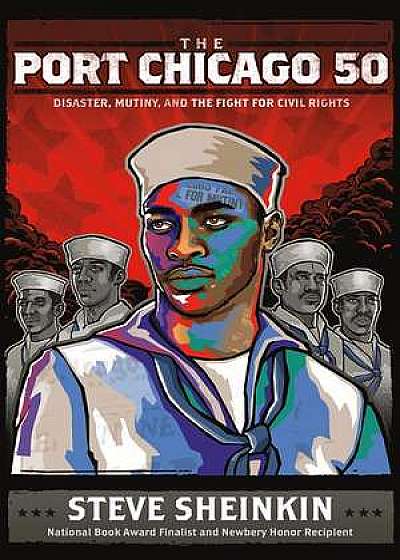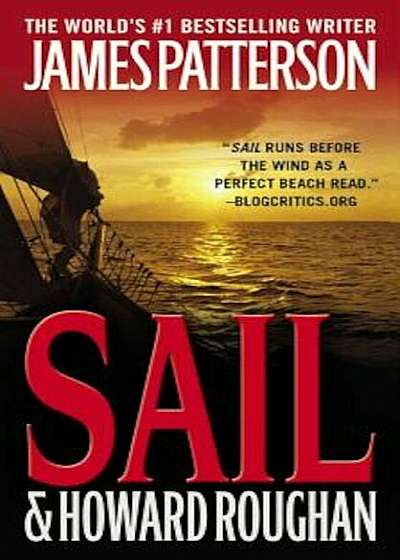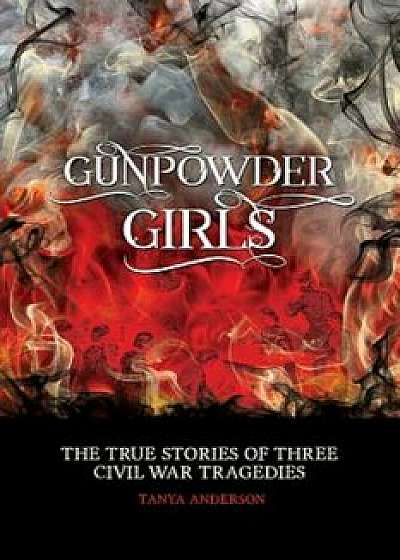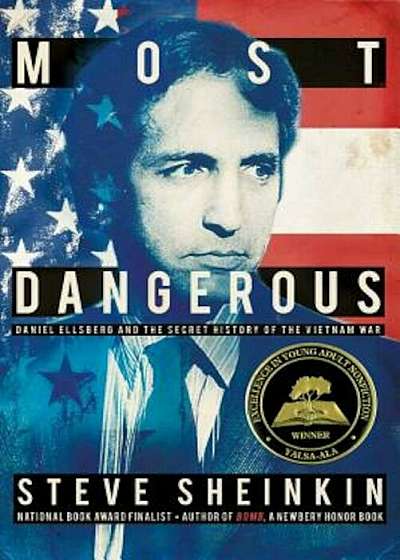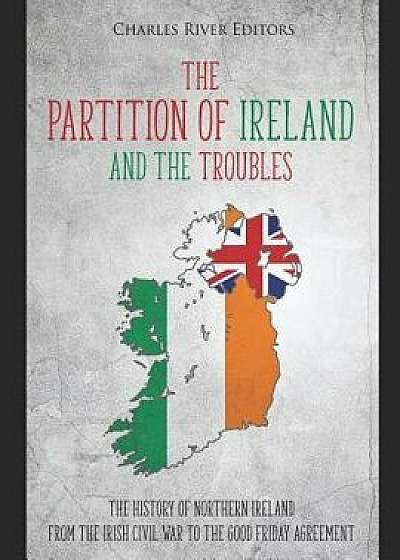
The Port Chicago Disaster: The History of America's Deadliest Homeland Incident During World War II, Paperback/Charles River Editors
Descriere
Description Includes pictures Includes accounts about the incident written by witnesses and survivors Includes online references and a bibliography for further reading Includes a table of contents "The fact that these men were wearing the uniform of the United States Navy made no difference." - Steve Sheinkin, The Port Chicago 50: Disaster, Mutiny, and the Fight for Civil Rights In World War II, hundreds of thousands of American soldiers were killed across the world, whether in Japanese jungles, North African deserts, or European beaches. Given that backdrop, and the sheer magnitude of the war, people understandably became desensitized to incidents and tragedies that cost hundreds of lives. This was undoubtedly the case with the notorious Port Chicago disaster, a munitions explosion in July 1944 that killed over 300 people and injured over 300 more, many of them Navy sailors. Since the explosion took place just a little over a month after D-Day, not to mention the fact that a majority of the casualties were African-American, little attention was paid to the tragedy. Among those who did, some believed the men had not been trained well enough, while others said that they were being pushed by their officers to race each other in work that should have been done slowly and carefully. The only thing everyone could agree on was that something went very wrong. If anything, the episode not only underscored the Navy's segregation policies but also demonstrated just how pervasive racism was at the time. The disaster was so deadly that 15% of all African-American Naval casualties in the war occurred on and around the dock in California that day, and while many appreciated the work the soldiers did, others denigrated their efforts. In fact, one shocking report contained the following slanderous remarks: "These enlisted personnel were unreliable, emotional, lacked capacity to understand or remember orders or instructions, were particularly susceptible to mass psychology and moods,

